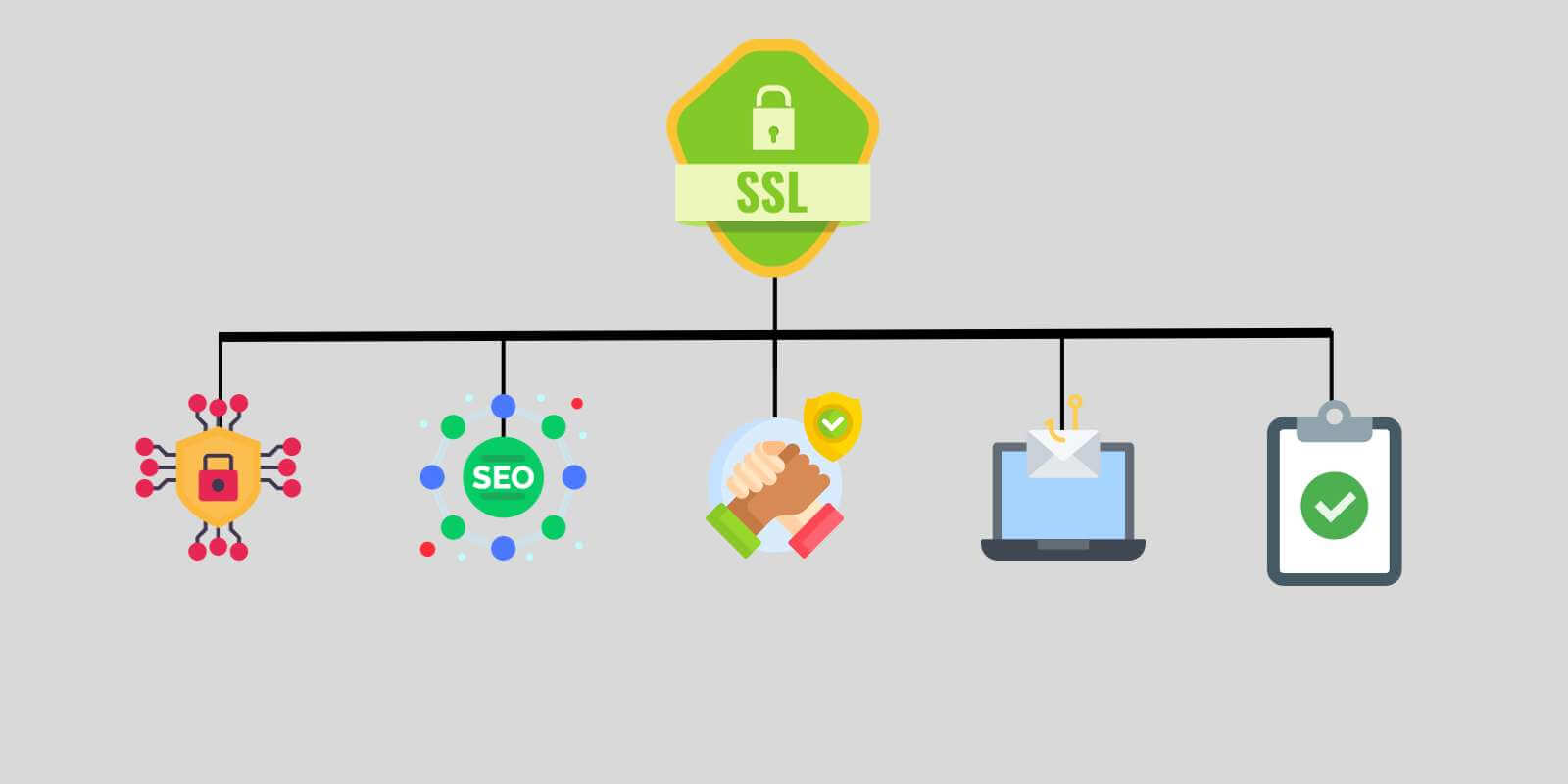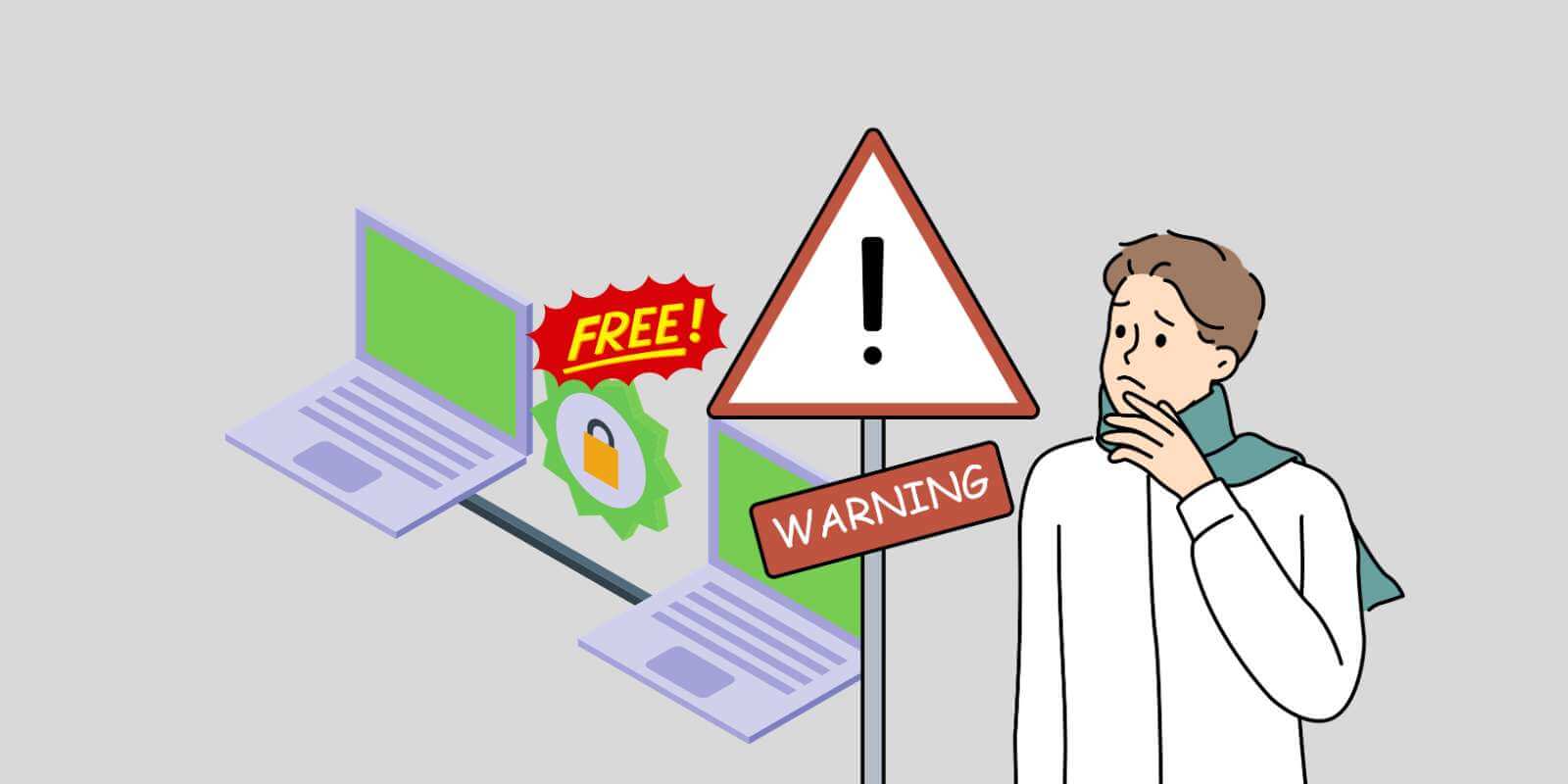If you're involved in website creation or online business, you've likely encountered SSL certificates. But what exactly are they, and why do they matter? It's vital to comprehend SSL's purpose and importance for anyone who manages or owns a website, as it's instrumental in securing data and establishing trust with your site's visitors.

Website integrity and security hold immense importance, not only for site owners but also for their visitors. From protecting user data to ensuring reliable transactions, multiple layers of security are imperative. Amidst these protective measures, SSL certificates emerge as a critical component. They play a pivotal role in data encryption, trust-building, and ensuring a secure browsing experience. In this post, we will delve into the significance of SSL certificates and their place in the broader landscape of website security.
What is an SSL Certificate?
An SSL certificate, which stands for Secure Sockets Layer certificate, is a digital certificate that serves as a crucial component of web security. Its primary purpose is to establish a secure and encrypted connection between a user's web browser and a website's server. This encryption ensures that any data transferred between the user and the website remains confidential and cannot be intercepted or tampered with by malicious third parties
Benefits Of SSL Certificate

SSL certificates are essential for several reasons:
Create Amazing Websites
With the best free page builder Elementor
Start Now- Data Encryption: They encrypt sensitive information like login credentials, personal details, and payment information, making it extremely difficult for hackers to decipher this data even if they manage to intercept it.
- Trust and Credibility: Websites with SSL certificates display a padlock symbol in the browser's address bar and use "https://" instead of "http://" in their URLs. This visual cue instills trust in visitors, assuring them that their data is secure on the site.
- SEO Benefits: Search engines like Google prioritize secure websites in search results. Having an SSL certificate can improve a website's search engine ranking.
- Protection Against Phishing: SSL certificates help prevent phishing attacks by verifying the authenticity of the website. Users are less likely to fall victim to fraudulent websites that mimic legitimate ones.
- Compliance: Many regulations and industry standards, such as the General Data Protection Regulation (GDPR) and Payment Card Industry Data Security Standard (PCI DSS), require the use of SSL certificates to protect user data.
What is The “Free SSL” Catch
The "Free SSL" catch refers to potential drawbacks or limitations associated with obtaining a free SSL certificate for your website. While free SSL certificates offer valuable security benefits, there are certain aspects to be aware of:

- Limited Validation: Free SSL certificates typically provide only Domain Validation (DV), which means they confirm that you control the domain but do not validate the identity of your organization. If you need stronger validation, such as Organization Validation (OV) or Extended Validation (EV), you may need to invest in a paid certificate.
- Shorter Validity Period: Many free SSL certificates have a shorter validity period, often around 90 days. This means you'll need to renew the certificate more frequently, potentially leading to more administrative overhead.
- Manual Renewal: Some free SSL certificates require manual renewal, which can be cumbersome and may lead to lapses in certificate coverage if not managed properly. Paid certificates often offer automated renewal for convenience.
- Limited Support: Free SSL certificates may come with limited customer support compared to paid options. If you encounter technical issues or need assistance, you might not receive the same level of support.
- No Warranty: Free certificates typically do not include a warranty. Paid certificates often provide financial protection in case of security breaches or certificate failures.
- Compatibility Issues: Not all browsers and devices may recognize or trust free SSL certificates, potentially leading to security warnings for your website visitors.
- Brand Recognition: Paid SSL certificates often come with trust indicators like the padlock symbol and the organization's name in the browser address bar. These visual cues may be absent or less prominent with free certificates.
- Limited Additional Features: Free certificates may lack additional security features like vulnerability scanning, site seals, or advanced security options that paid certificates often provide.
- Scalability: As your website grows, you may require more advanced SSL features, which might necessitate upgrading to a paid certificate. This transition can involve additional costs and administrative work.
- Provider Dependence: When you obtain a free SSL certificate from a hosting provider or certificate authority, you become dependent on their services. If you decide to switch providers, you may need to obtain a new certificate and update your website configuration.
Elementor Hosting SSL

SSL is an essential component of all Elementor Hosting plans, provided without any additional charges and subject to continuous updates. This isn't a temporary promotion; it is an integral part of our commitment to ensuring multiple layers of security for your website.
If you were to acquire an SSL certificate independently, you would encounter a variety of options, each with different pricing and validation levels. Costs can vary significantly, ranging from $10 to $300 per year, depending on the certificate type and its associated features. With Elementor Hosting, you receive a secure and reputable Domain Validated certificate, a value of approximately $40 per year if purchased separately.
However, SSL is just one aspect of our advanced security measures. Elementor Hosting also provides additional layers of protection, including a Web Application Firewall (WAF) and DDoS protection, all under the constant monitoring of our dedicated team of security experts, available 24/7.
Do you have a hosting on Cloudways? Learn how to install let's encrypt SSL certificate on Cloudways.
Wrapping Up
SSL is a fundamental component of website security, ensuring multiple layers of protection for both you and your site's visitors. Elementor Hosting not only acknowledges the significance of this aspect but also enhances it, providing an all-in-one solution tailored for those unwilling to compromise on security, user-friendliness, or performance. With us, gaining SSL access is both straightforward and cost-effective. So, why settle for anything less? Take a further step toward a safer and faster internet by securing your website today with Elementor Hosting.
Elevate your website's security by upgrading to Elementor Hosting and rest assured, knowing that your website is in the hands of experienced professionals, fully equipped with a competitive edge.





